Portugal D7 Visa (Passive Income Visa)
This visa is best for people with any legal passive regular income of at least €1000 per month after tax deduction and savings in a bank account of at least €9120 per person.
This visa is best for people with any legal passive regular income of at least €1000 per month after tax deduction and savings in a bank account of at least €9120 per person.
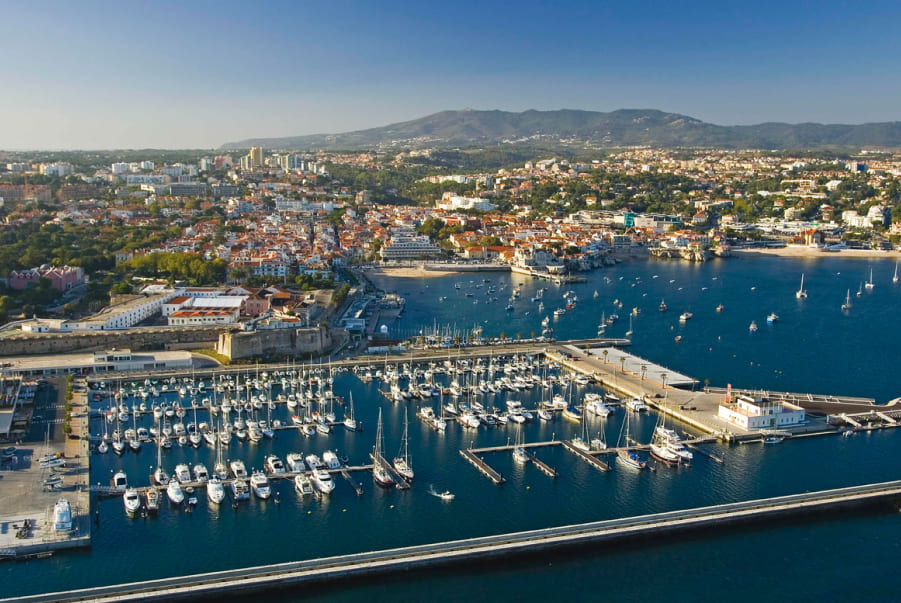
This visa is best for people with any legal passive regular income of at least €1000 per month after tax deduction and savings in a bank account of at least €9120 per person.
D7 makes it possible to obtain a residence permit for 2 years, which can be extended for another 3 years. After 5 years of legal stay in the country, you can apply for a permanent residence permit or citizenship.
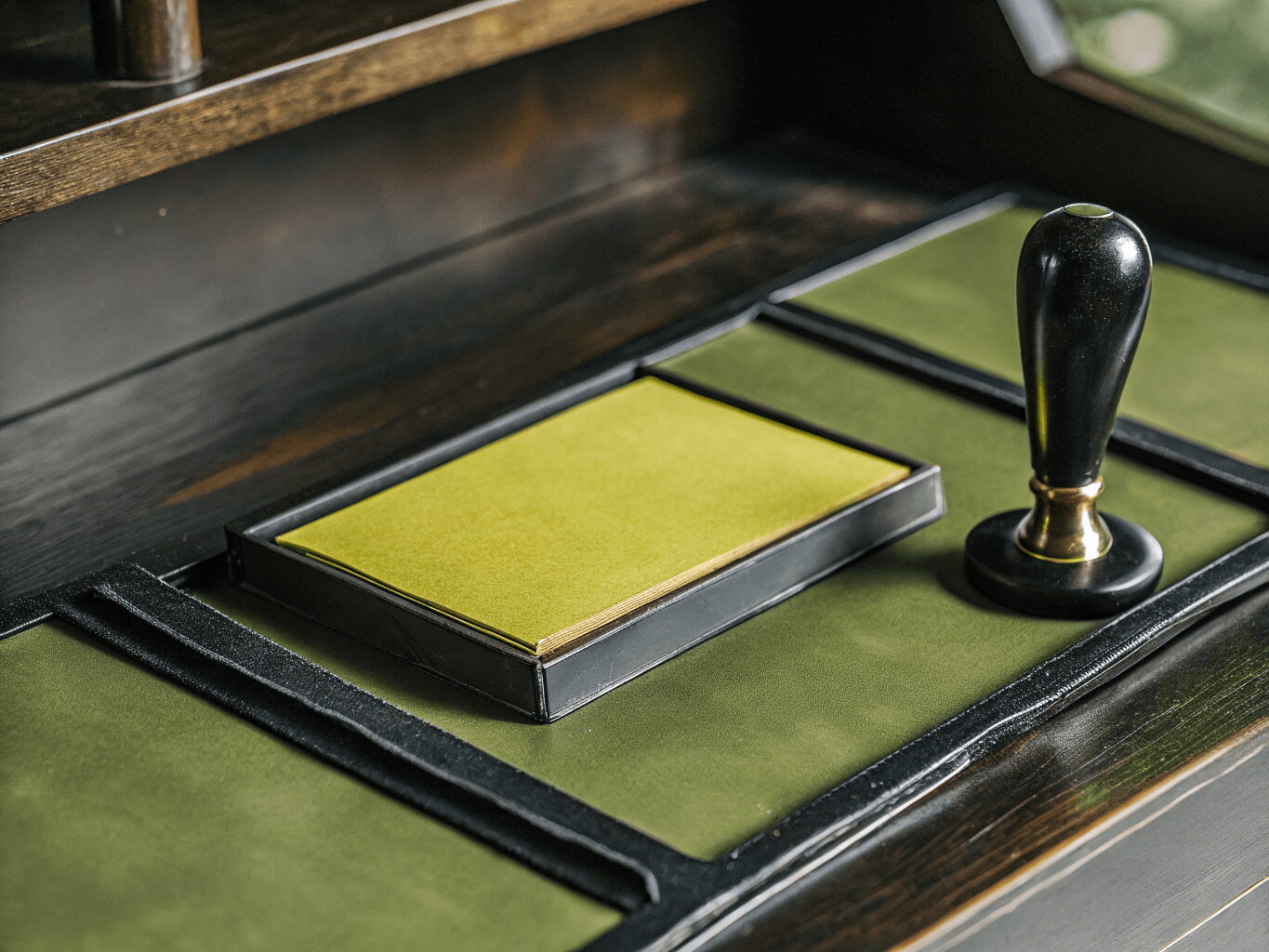
You can apply for a visa only from countries where you have a residence permit or citizenship of. Usually to get a long-term visa you will need to contact the Portuguese Consulate in your country. In some countries, documents are submitted through the VFS Global visa center.
To find out how you can apply, write a letter to the Portuguese consulate in your country. Also ask for an up-to-date list of documents needed. Despite the general list of the Ministry of Foreign Affairs of Portugal, some consulates may have specific requirements.
It is not possible to obtain a residence permit with a passive regular income while residing in Portugal – you can only receive it after obtaining a D7 visa from your home country first.

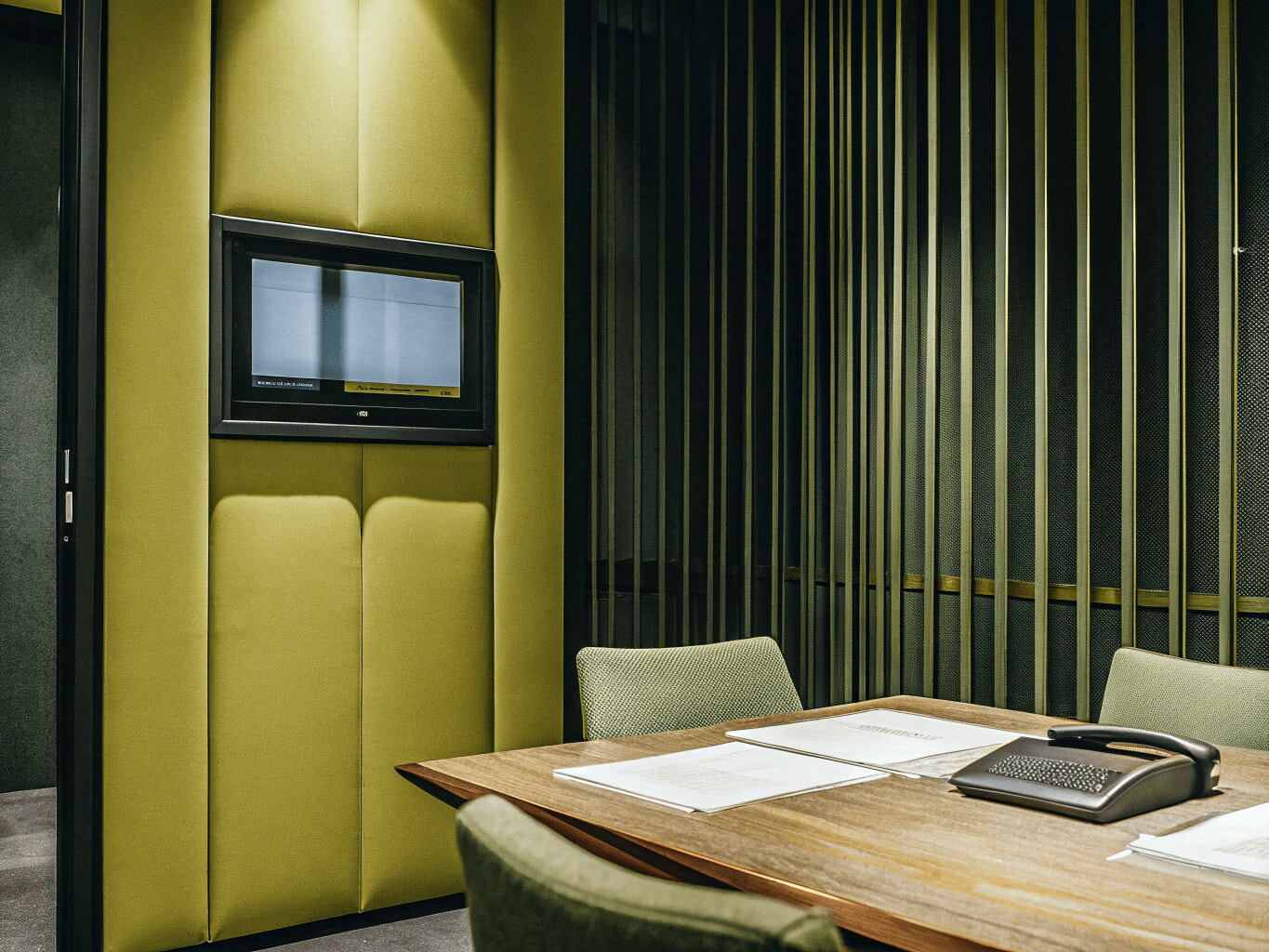
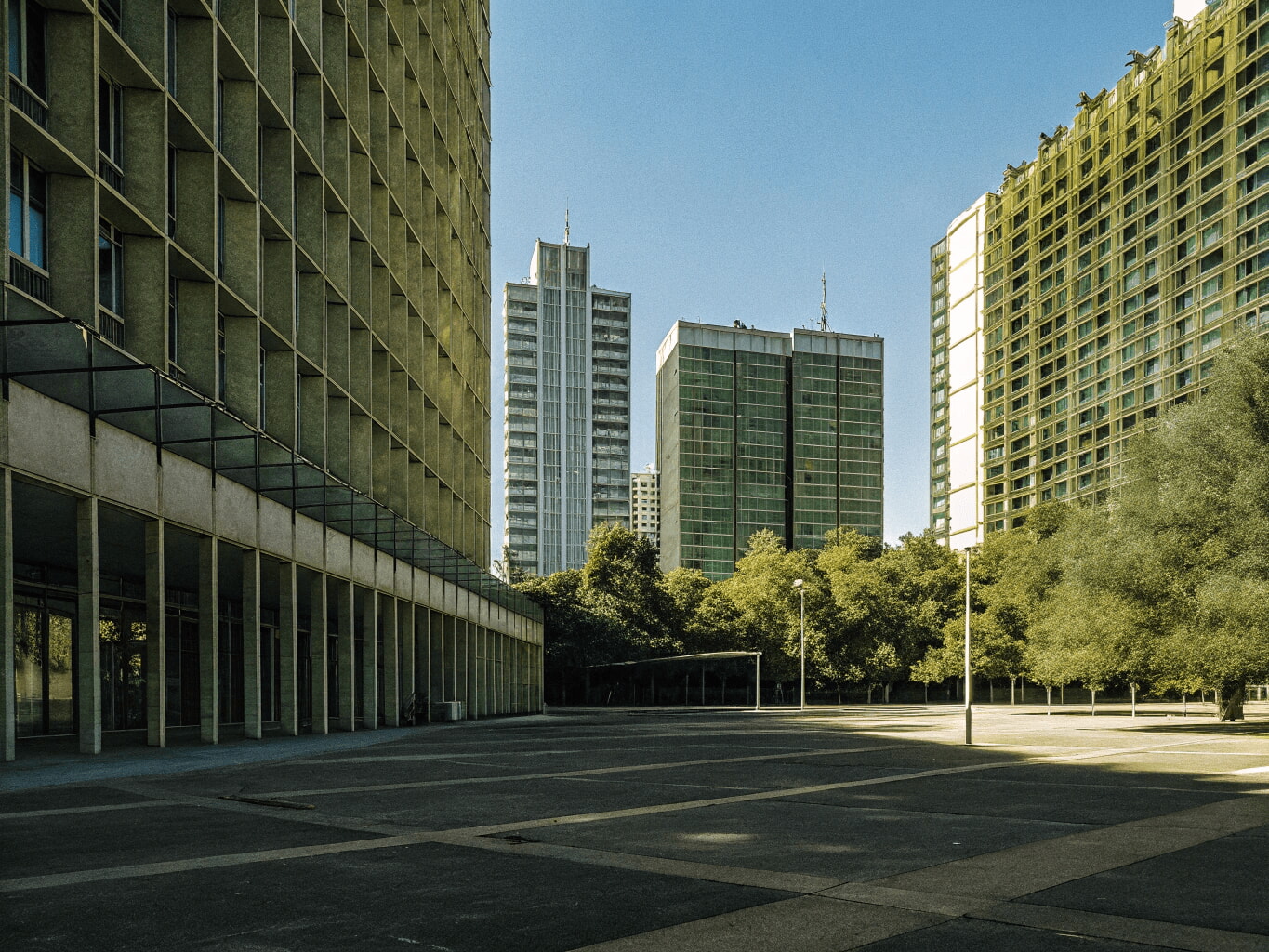
Portugal is a country with magnificent landscapes and hospitable people. Here you can enjoy bright sunny days, as well as warm sea air. If you dream of living in this wonderful country, you can take advantage of the convenient relocation that a D7 visa to Portugal will allow you to organize. Provided you have a stable passive income, this programme is your key to a new life. With it, you will be able to visit different places and attractions and apply for a residence permit soon. This rentier visa will allow you to change your own life for the better. Let's take a closer look at all the features of obtaining and using it.
Before we talk about the uniqueness of the Portuguese D7 visa, we should talk about the advantages of living in this country. First of all, it is worth noting the climate, which attracts the attention of many tourists. Winters here are quite mild without significant cold, and summer is a beautiful sunny time with hot days and cozy evenings that can be spent by the ocean shore. However, it is not only the weather conditions that delight locals and tourists. Here are the main attractions that make Portugal an ideal country for a long-term stay:
These are just some of the advantages of living in this country. Many people are also attracted by the accessibility of traveling and the variety of natural landscapes. This is why for a large number of people a D7 visa to Portugal is a dream come true. Our Move to Cascais team can help you make it a reality.
Of course, the first and most important thing that gives this Portuguese D7 visa is the possibility of moving to the represented country. With it, you get the right to live and study in an institution of higher learning. Here are some more advantages that this visa gives:
Undoubtedly, this visa will open the door to a comfortable life. Here, the prices of food and rent are very reasonable. That is why you will be able to afford a comfortable and measured life even with a limited budget.
We have come to the most interesting part of our article. Here are the main requirements to obtain a D7 visa to Portugal for the main applicant:
There are also special requirements for a Portuguese D7 visa for children. Their age must not exceed 21 and they must be financially dependent on their parents. It is important to take into account not only these rules, but also those related to the material part. The passive income of the main applicant must exceed 820 euros per month and the bank account in the country must be equal to the minimum annual income:
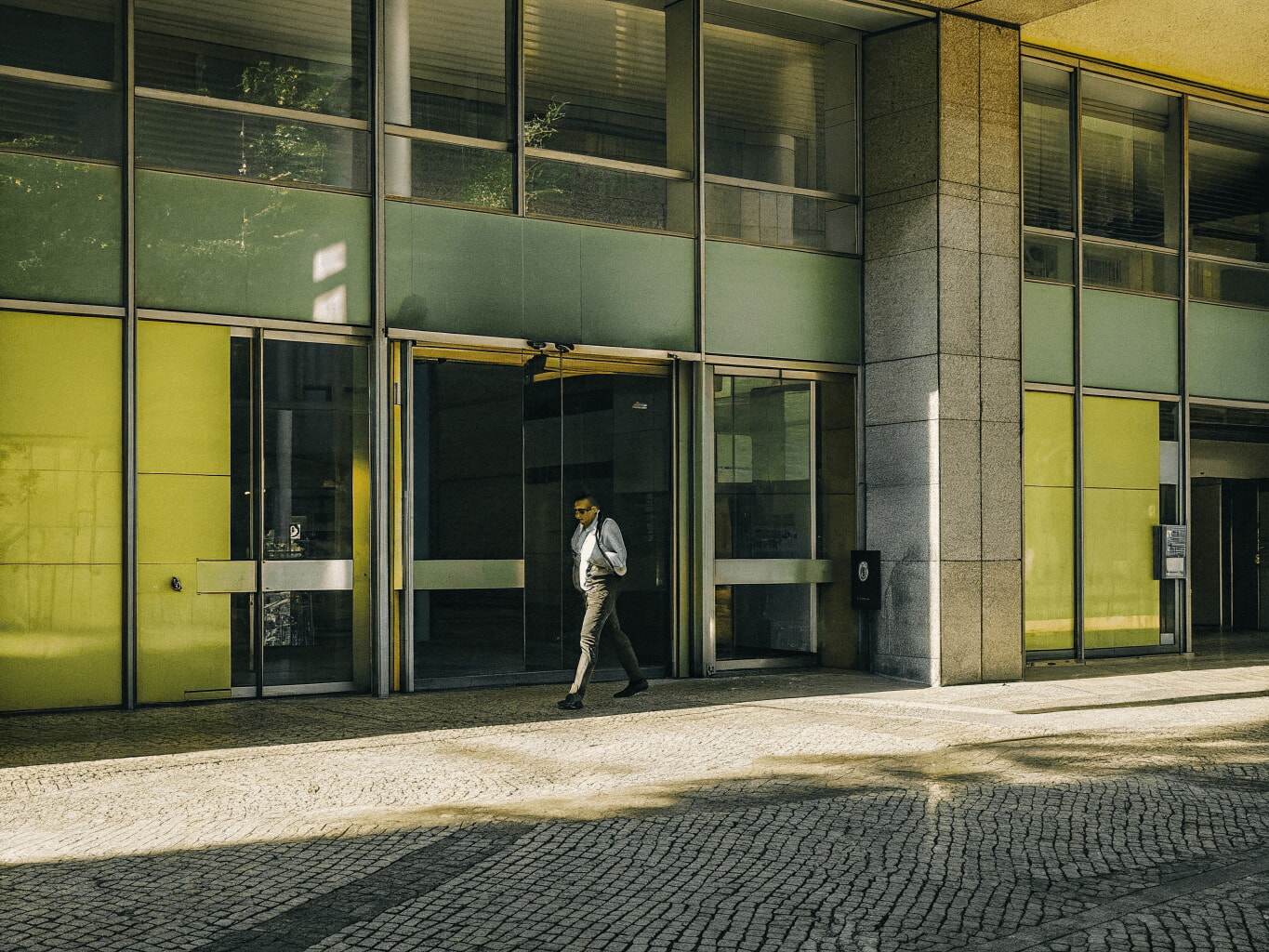
Of course, the amount on it may be higher. D7 visa in Portugal will become unavailable if you do not fulfill additional requirements, namely to have +50% of income for the spouse and each parent, and +30% for the child, if they are indicated in the application.
Rental property, as well as royalties, dividends and monthly pension payments can be considered the source of income. In terms of residency in Portugal, it will be necessary to prove that you have a place to stay. You can rent a property or you can buy it outright. The main thing is to choose a place where you will be comfortable spending your time. More careful attention should be paid to the documents required to apply for a visa. They will also be required to obtain a residence permit in Portugal. We will tell you more about them below.
Some services can be challenging to handle on your own. Trust our team of professionals to guide you through every step.
As the D7 visa to Portugal is a dream for many people, it is necessary to take due responsibility for the process of collecting documents. This is important as thorough preparation will help you reduce the risks of rejection. To be as confident as possible that you are doing everything right, you should seek help from Move to Cascais. Thanks to its qualified staff, when you get a Portuguese D7 visa, the cost of a lawyer will not bother you. All thanks to a team of specialists who know exactly how to proceed in any given situation. First of all, they will tell you what documents you need to collect:
To this list you can add a few recent color photographs, as well as a special NIF document, which will confirm that you will pay all taxes.
With a Portuguese D7 visa, citizenship becomes a very real wish. You will be able to apply for permanent residence after five years of living in the country after obtaining a residence permit. To become a holder of a residence permit, you will need to:
According to the rules of the Portuguese D7 visa, the minimum stay in the country is 183 days per year. You cannot obtain visa and leave for an extended period of time to another state in the Schengen area. It is important to adhere to all these rules so that your visa does not become canceled.
If you are interested in obtaining a visa for investment, D7 is not the right option for you. In that case, it is better to look at the D9. This is a visa that has slightly different features. If D7 passive income visa in Portugal has a period of obtaining from 4 months, the golden visa — from eight months. The amount of investment in culture and other areas in this case must exceed 250 thousand euros. It can also be obtained for:
In addition, the Portuguese D7 visa minimum stay is from 16 months within two years. In the other option, you must live in the country for at least a week out of 365 days.
The differences are quite serious, so before you apply, it is worth studying the features of all the visas available today. To avoid wasting time on this, it is recommended to seek help from Move to Cascais, who will not only provide you with all the information you need, but will also be able to complete the application for you.
As the Portuguese D7 visa residence permit entitles everyone to receive once they enter the country, it is important to understand the costs you may face. First of all, they are related to real estate. Its cost is somewhat lower compared to other EU countries. The average price today is from 2500 euros per m². If we talk about rent, it will cost 700–900 euros per calendar month.
As we have already said, you can save money, because for the owners of the Portuguese D7 visa the cost of the lawyer's services will not be an unpleasant surprise when applying to our company.
At the end it is worth saying that the Portuguese visa D7 residence permit can be given to many people. It is a nice option that will give you the opportunity to become a legal resident of this sunny country. With it, you will get a number of advantages, such as access to high quality medical services, education, increased security and excellent climate. Most importantly, this visa will allow you to move to Portugal to enjoy the warm weather and ocean breeze, walks on the beach and sightseeing every day.
In this state people are attracted by pleasant climate, beautiful nature and high comfort of life. Crime is quite low here, so you can feel safe. In addition, Portugal is a member of the European Union, which ensures freedom of movement around Europe.
In order to obtain a Portuguese D7 visa, the main applicant must demonstrate that he or she has a stable source of passive income sufficient to support himself or herself and his or her family in this country. The minimum amount of money he needs to receive per month is 820 euros.
The Portuguese passive income visa is not available to people who want to invest money in property. Such an option is the main criterion for obtaining a D9 gold visa. According to its rules, a person must invest from 250 thousand euros in culture and other areas. It is possible to become its owner after opening companies with jobs in a minimum number of 5 and 10.
D7 visa requires the collection of such documents as passport, certificate of criminal record, health insurance, rental agreement or papers that will confirm your purchase of real estate. It is also important to provide a bank statement to prove that you have the minimum amount of money in your account to live in this country for a year.
With a Portuguese D7 visa, citizenship and residency can be obtained quite easily, but only if you have lived in the country for a certain period of time.

We create a personalized immigration plan after understanding your needs and plans.
We help in preparing all the paperwork, get a Portuguese taxpayer number, open a bank account, secure accommodation (purchase or long-term rent).
We assist in conversion of the Visa into a Residence Permit by submitting the documents to the Portuguese Migration Service.
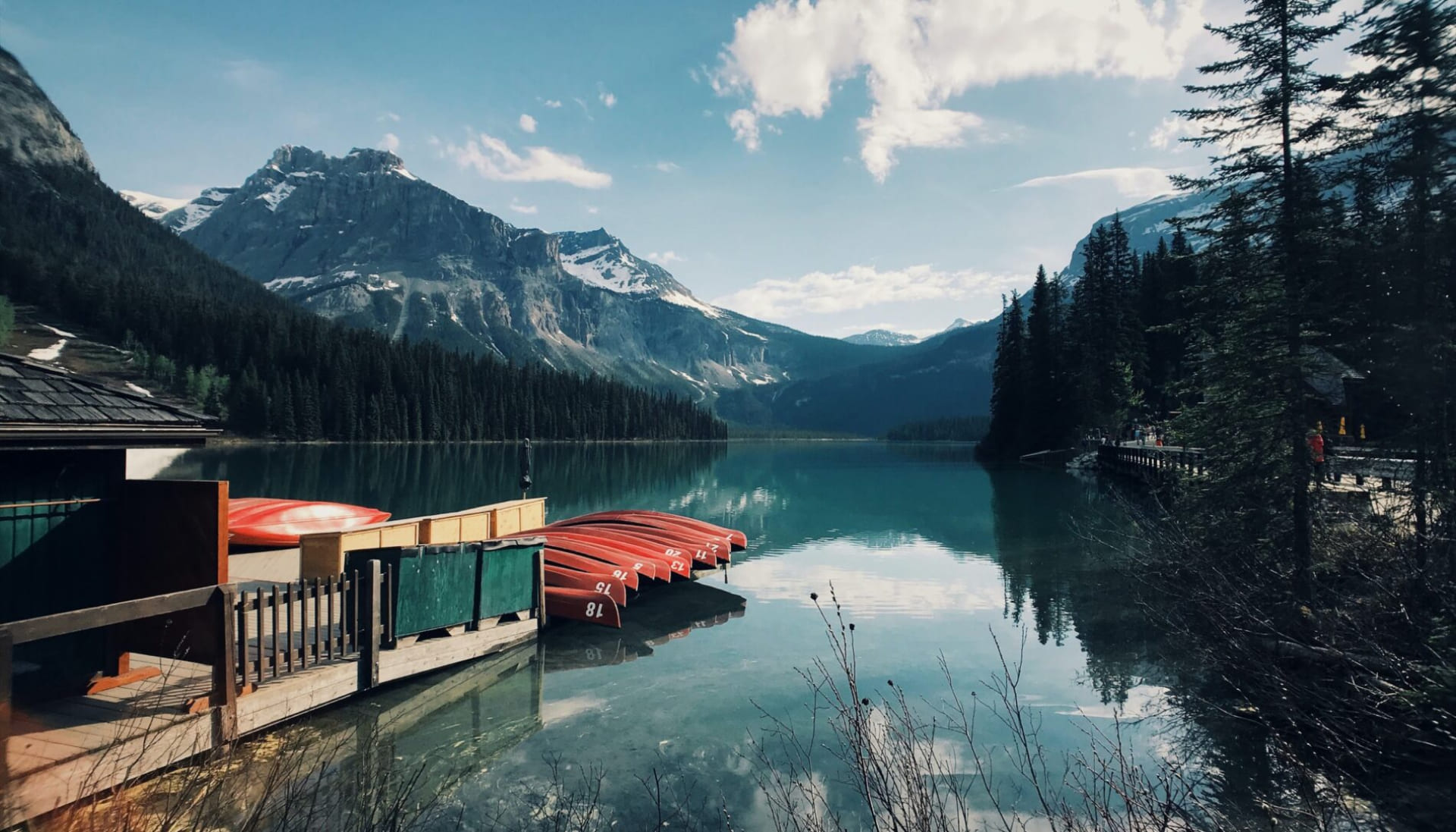
Don't miss the opportunity to start your new life in beautiful Portugal
Apply now and our team of professionals will help you with the move, paperwork and provide all the necessary information.
Portugal's D3 visa and Article 90.2 aim to attract educated professionals by requiring a higher education diploma with an apostille and a job in a Portuguese company paying at least 1.5 times the national average salary (€2,000 in 2025).
The D7 visa is tailored for individuals with a stable passive income of at least €1000 monthly after taxes and a minimum of €9120 in savings per person, facilitating a residence permit for 2 years, extendable for 3 more. After 5 years, it offers a path to permanent residency or citizenship.
Digital Nomad visa is issued to people who work remotely and get an income of more than €3480 per month. This is a long-term visa that leads to a residence permit. The Portuguese Consulate processes the visa application within 90 days.
A startup visa in Portugal (Article 89.4) is an easy way to move here with a team of colleagues, even if you just have an idea for a startup.